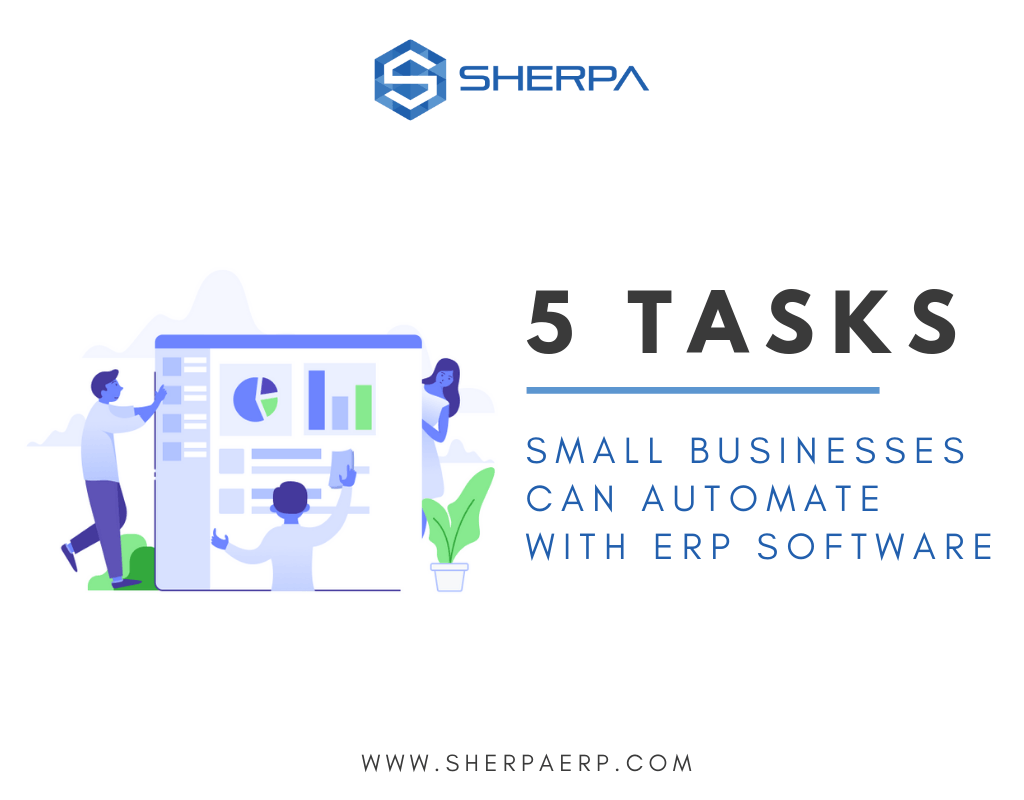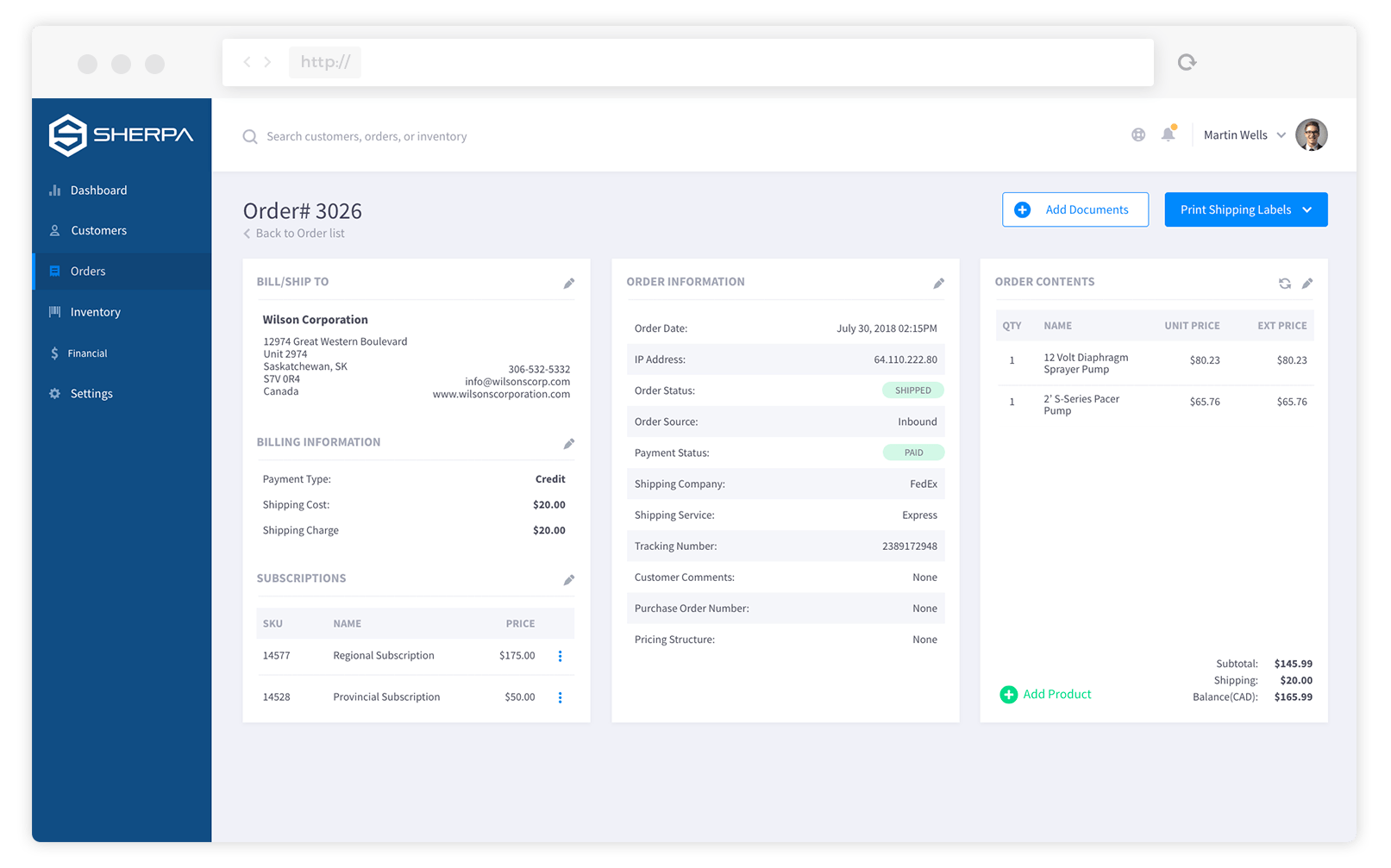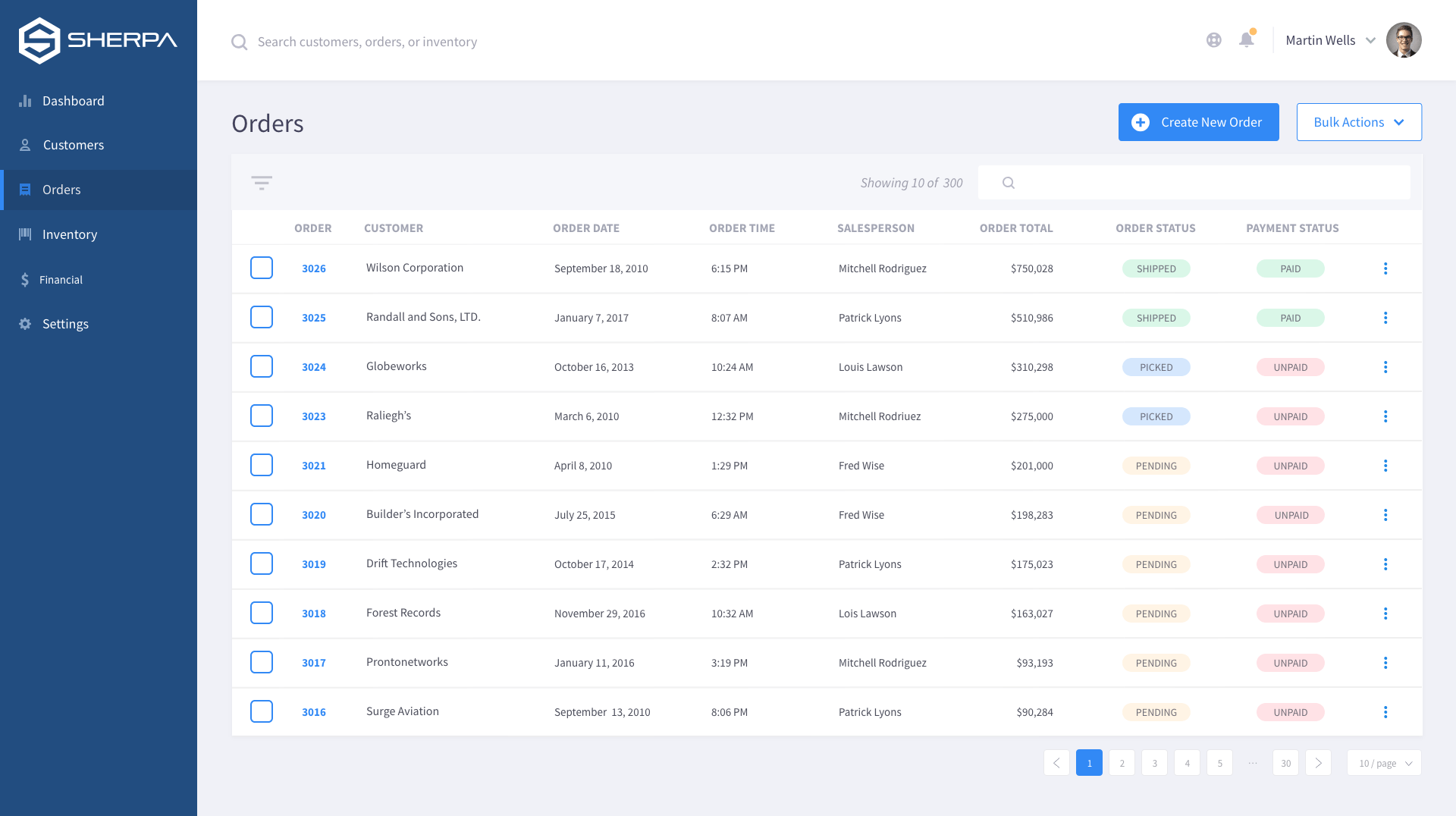5 tasks small businesses can automate with ERP software

Business Automation
Business owners are busy people. They put in countless hours towards building a successful and profitable business. The problem is, with this growth comes increased administrative burden and process overhead. As companies grow, each area of business develops their own routine of manual and cumbersome tasks. These are the tasks that are begging for efficiency through automation. These administrative tasks are often referred to as ‘paperwork’. Business owners can feel like they are drowning in it, but they needn’t worry!
What is ERP?
ERP Definition: ERP stands for Enterprise Resource Planning.
ERP systems can automate several tasks that eat up a business owner’s time. They can also help businesses manage employees more efficiently and enable employees to focus on high-value tasks instead of monotonous ones. ERPs cut down on human errors, streamline processes, and help businesses to do more with less. The best part of an integrated ERP system is the business data that comes with it. Business owners finally have the info they need to become proactive and start making data-driven decisions.
Today, tons of businesses are still bogged down with manual tasks that keep them from growing. Here are 5 business tasks you can automate with an ERP system today.
1. Sales Orders
Sales are the bread and butter of any small and medium-sized business (SMB). When most owners start their business, they keep it pretty simple. They take their customer orders on paper or perhaps in an Excel spreadsheet. If things work out the way they should, over time their sales grow! Yet, as the volume of sales orders increases so does the admin overhead required to keep up with the new orders! Before they know it, this paper-based or a manual process is eating up all the owners free time. Many SMBs spend countless hours creating invoices and trying to analyze or create reporting for their sales data.
Using an Order module within an ERP system will help business owners increase efficiency tenfold. ERPs can help an organization create orders faster, automate aspects shipping and customer information, and even provide sales analysis and reporting. Ultimately, ERP software will save business owners time and give them better insight into their revenues. That way they can focus on getting new sales instead of maintaining old ones!

2. Customer Information Management
Just like a sales order process, customer management for many SMBs can be antiquated. It usually consists of contacts in a cell phone, a few scribbled down lists in your desk or mental lists stored in the owners head. Believe it or not, customer information management is ripe for significant efficiency gains.
A customer information management ERP module not only streamlines your customer information into one system, but it can save you time on many manual tasks associated with specific customers. For example, the shipping preferences for customer A, which pricing group is used for customer B, the order history for customer C, and the contact name and number for customer D can all be automated. It’s all about working smarter, not harder!

3. Customer Service
As SMBs build their business and grow their customer base, service and product delivery become very important. Providing your customers with delightful experiences and reducing any friction with product and service delivery will keep your customers happy and keep them coming back.
For example, many ERPs have integrated eCommerce functionality. With this, you provide your customers with a more convenient way to order your products and also save time and/or completely eliminate what could be a lengthy sales order process (if you are doing it manually like mentioned above). That’s a win for your customer and a win for you. As you evaluate tasks that your business can automate, focus on areas that make your customers’ lives better/easier—you will always come out on top.

4. Inventory Management
As a business owner, having a handle on your inventory is important for many reasons. You need to know your inventory on hand so you can fulfill orders, you need to know your material costs so you make money, you need to optimize the inventory levels you carry on site, the list goes on. Bottom line, when it comes to inventory—data is powerful.
Luckily inventory modules in ERP systems can automate and provide insights on all areas of inventory. For example, Sherpa manages your inventory for you, notifying you when you are low on products and need to make an order. It also talks with your sales orders (including eCommerce orders) so you know you have the inventory on hand to fulfill your orders. It can also automate and optimize shipping, payment processing, and other fulfillment tasks. Automating your inventory management ensures you have the information you need to make decisions.
5. Finance, Accounting, Payables & Receivables
Perhaps the greatest desire of SMBs we talk to is the ability to gain a better overall picture of their business (including financials). By this we mean not just where you sit at the end of the year, but more informative reporting. The problem is if you keep most of your financial information in spreadsheets or have an accounting system that is not integrated with the rest of your day-to-day business, getting any sort of data in a timely manner is unlikely.
To get detailed dashboards and reporting, there still is a lot of manual financial report generation going on. This is a huge area of opportunity for automation. Most businesses rely on their bookkeeper or accountant to generate business reports. The issue is by the time the business owner gets these and has time to analyze them—trends, issues, or opportunities to act could be long gone.
With the reporting tools built into ERP systems, business owners can automate report generation so they have the all the info they need at their fingertips. Being able to see the big picture allows them to make more informed decisions and undertake higher-value initiatives. For example, with automated weekly financial reports, business owners could identify new areas to invest in or find new ways to promote a top grossing product or to improve employee and customer experiences.

Conclusion
At the end of the day, it’s about efficiency. Whoever can sell the most, grow their customer base, and make the greatest margin will come out on top. It’s about letting the software do the manual work. ERPs free up both business owners and their employees so they can get to the high-value tasks that will help them grow their business.
Take the Quiz!
Are you ready to increase your sales by 30% and reduce time spent on operational processes by at least 10%?
Take the Quiz to see if Sherpa can help you.
